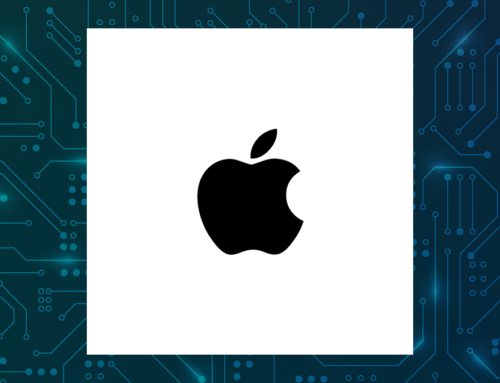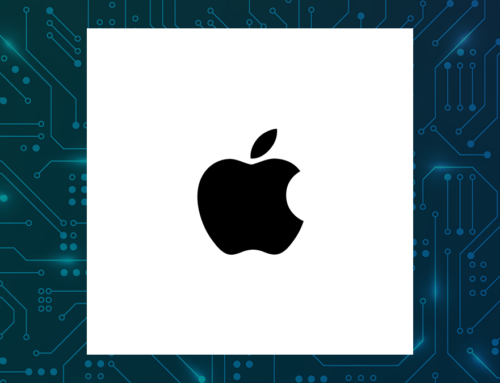Asia Crypto News: ETH Metrics Signal Potential Bull Run Ahead
June 3, 2025
Welcome to Asia Morning Briefing, a daily summary of top stories during U.S. hours and an overview of market moves and analysis. For a detailed overview of U.S. markets, see CoinDesk’s Crypto Daybook Americas.
Keep an eye on
, is what fund manager March Zheng is telling investors.
STORY CONTINUES BELOW
As Asia begins its business day, ETH is trading above $2,500, down 0.4%. While this might not seem like a lot in the volatile world of crypto, ETH has defied the odds and is up 40% on-month, which is impressive because its performance is only matched by memecoin stalwarts like
, and Decentralized Finance lending protocols like
. The latter’s performance has helped push up Total Value Locked (TVL) inEthereum past $60 billion.
Zheng, the co-founder and managing partner of Bizantine Capital, is bullish on ETH because he argues that Ethereum might dominate as the primary layer-one blockchain due to its superior scalability compared to Solana, thanks to the recent Pectra upgrade, and persistently lower inflation rate than Bitcoin
.
“It may be reaching an inflection point where both of these leads continue to grow,” Zheng said in a note to CoinDesk. “It will be a very interesting year.”
Still, there are potential limits to ETH’s growth story this year. Bettors on Polymarket are only giving it a 26% chance of breaking its all-time high of $4,868 in November 2021.
Meanwhile, CoinDesk Market Insight Bot notes institutional interest in Ethereum is growing sharply, with exchange balances dropping to seven-year lows and ETH-focused investment products seeing significant inflows, signaling bullish long-term accumulation.
Artificial Intelligence tokens are one of the year’s growth stories, with the market cap of the token category worth over $27 billion according to CoinGecko data.
But there’s a problem, as analyst Teng Yang from the Crypto-AI research house Chain of Thought argued in a thread on X.
The decentralized compute infrastructure, known as Decentralized Compute Networks (DCN) needed to make decentralized AI a reality, isn’t keeping pace.
In Semianalysis’ March 2025 rankings of GPU cloud providers, decentralized compute platforms barely registered. Only Akash and Prime Intellect appeared, stuck at the very bottom of the list.
Most decentralized platforms didn’t even make the cut, underscoring the deep challenges these projects face in competing with centralized hyperscalers like AWS or Google Cloud.
Coordination, the ability to organize scattered computing resources into a seamless service, remains a critical weak spot.
Unlike centralized services, decentralized platforms struggle with basic tasks such as predictable job routing, efficient data transfers, and built-in fault tolerance, essentials for enterprises accustomed to the streamlined functionality of Kubernetes or Slurm – software tools that enterprises use to easily manage and schedule large computing tasks.
Security and technical reliability present additional hurdles. Most decentralized networks lack essential certifications, such as SOC2 or ISO 27001, leaving their systems prone to fragile networking, storage inconsistencies, and frequent latency spikes.
As Yan notes, decentralized networks suffer from dashboards that feel cumbersome, unclear payment systems, and confusing onboarding processes, failing the straightforward “spin-up-and-scale” benchmark enterprises expect.
Finally, economic sustainability remains elusive. Current decentralized networks are overly reliant on temporary token incentives, risking collapse when emissions slow down or halt altogether. Aethir’s token, after all, is up 70% in the last month which adds inflationary pressures if someone is subscribing to cloud services denominated in ATH – its eponymous token.
Yan argues decentralized platforms don’t need to entirely replace AWS, but they must at least be stable, economical, and easy enough to compete meaningfully. Until then, the ambitious growth of decentralized AI will remain dependent on centralized computing infrastructure.
The Trump Organization has distanced itself from a newly announced cryptocurrency wallet called the “$TRUMP Wallet,” despite promotional branding explicitly linked to the former president, CoinDesk previously reported.
A spokesperson stated unequivocally that the organization “knows nothing” about the wallet, contradicting announcements made by Magic Eden CEO Jack Lu, who had confirmed a partnership via social media. Donald Trump Jr. and Barron Trump separately clarified that the Trump Organization has “zero involvement,” although Trump Jr. mentioned a forthcoming official wallet from World Liberty Financial, a separate stablecoin project associated with the family.
The $TRUMP Wallet’s website is currently active, inviting users to a waitlist while promising digital asset trading features, yet provides no substantial technical details or release timeline. The confusion around the project highlights Trump’s controversial but ongoing entanglement with crypto, previously illustrated by ventures such as World Liberty Financial and memecoins like Trump Coin and Melania Coin.
Revolut is exploring an expansion into cryptocurrency derivatives, as indicated by a new job listing seeking a general manager to launch and scale a related offering, CoinDesk previously reported.
This development follows the successful rollout of its professional-focused crypto exchange, first in the U.K. in May 2024 and later across the European Union.
The U.K. market for crypto derivatives has recently gained traction, highlighted by the launch of GFO-X, the country’s first FCA-regulated, centrally-cleared derivatives platform. Additionally, Galaxy’s U.K. subsidiary, led by Mike Novogratz, received FCA approval in April, positioning itself to compete in the growing market segment.
- BTC: Bitcoin rose 2% above $105K, buoyed by MicroStrategy’s aggressive $84 billion Bitcoin acquisition plan, despite lingering geopolitical concerns and long-term risk questions.
- ETH: ETH established a clear uptrend amid strong volume spikes, facing firm resistance at $2,651 and solidifying support near $2,618-$2,620.
- Gold: Gold dipped 0.51% to around $3,356 per ounce Tuesday as a rebounding dollar and rising US job openings prompted traders to rotate into riskier assets.
- Nikkei 225: Japan’s Nikkei 225 rose 0.83% Wednesday, leading Asia-Pacific markets higher after Wall Street’s tech-driven rally powered by Nvidia.
- S&P 500: The S&P 500 climbed 0.58% Tuesday to 5,970.37, boosted by Nvidia gains and investor optimism over U.S. trade deals, as Deutsche Bank raised its year-end target to 6,550.
Search
RECENT PRESS RELEASES
Related Post



